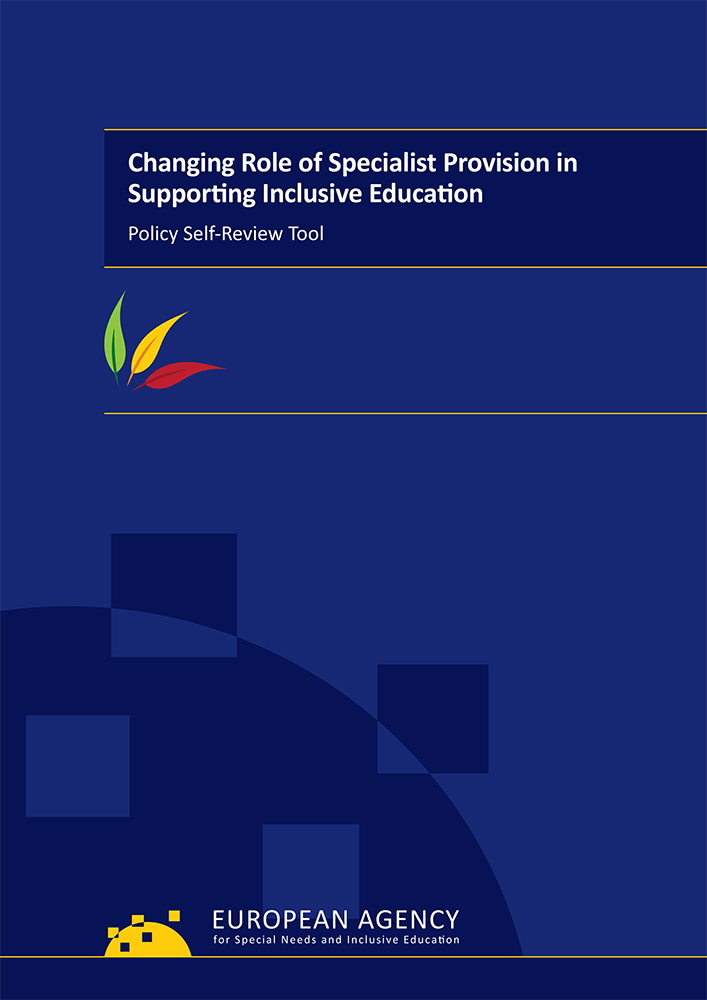The Agency has published the final outputs from its Changing Role of Specialist Provision (CROSP) project, which focused on re-organising specialist provision to support inclusive education for all learners.
The project had two phases. Phase 1 took the form of desk research and a mapping exercise to give an overview of the situation in Europe. A synthesis report outlined the phase 1 findings.
Phase 2 built on the phase 1 findings in peer learning activities, such as thematic workshops and conferences. Information from these activities was used to develop six guiding principles that underpin the changes necessary to enable specialist provision to support inclusive education:
- Developing a shared commitment to inclusive education
- Promoting knowledge exchange and acquiring inclusive competences through co‑operation and networking
- Providing continuous professional learning on inclusion
- Supporting school leadership and management
- Encouraging stakeholders’ active involvement
- Promoting on-going monitoring and evaluation.
The phase 2 workshops identified effective policy priorities and strategies connected to the guiding principles, and key actions to enable their implementation.
These principles, strategies and actions were developed into a tool to help countries change the role of specialist provision in their education systems. The resulting Policy Self-Review Tool is one of the main phase 2 outcomes. It aims to allow countries to assess and monitor their own situations and supports them to identify the next steps towards changing the role of specialist provision and creating more inclusive education systems. The Tool is available as an open-source Word file, allowing users to adapt it to their own national contexts, and enabling education policy- and decision-makers to reflect and develop a continuum of support for inclusive education.
The project’s Final Synthesis Report provides an overview of phases 1 and 2. It describes the situation and trends in Agency member countries in relation to specialist provision, as a result of phase 1 activities. It also presents the phase 2 methodology and key findings. The Final Summary Report presents the project’s key messages in a short, graphic format.
Finally, an animated video and an infographic explain what specialist provision is and how changing its role can support inclusive education systems.
For more information about the CROSP project and its outcomes, visit the CROSP web area.

